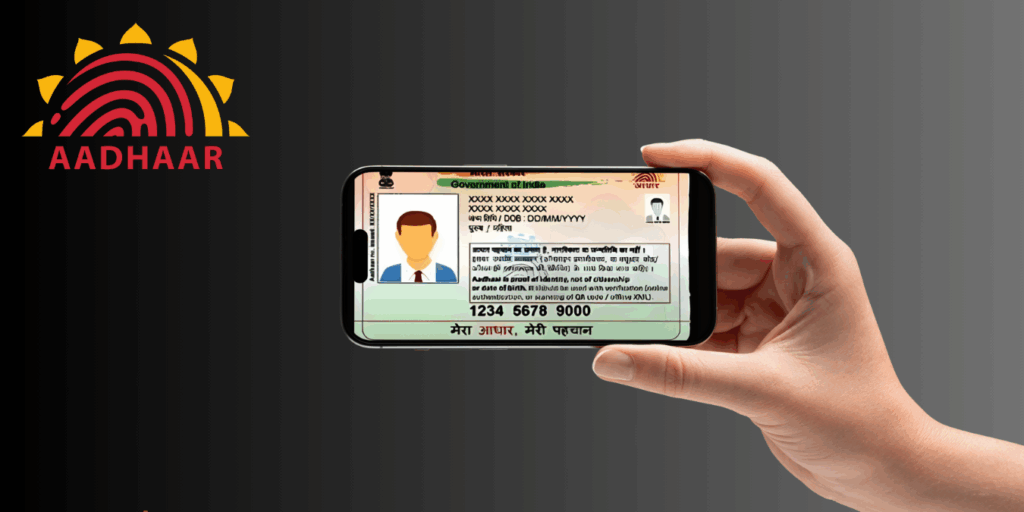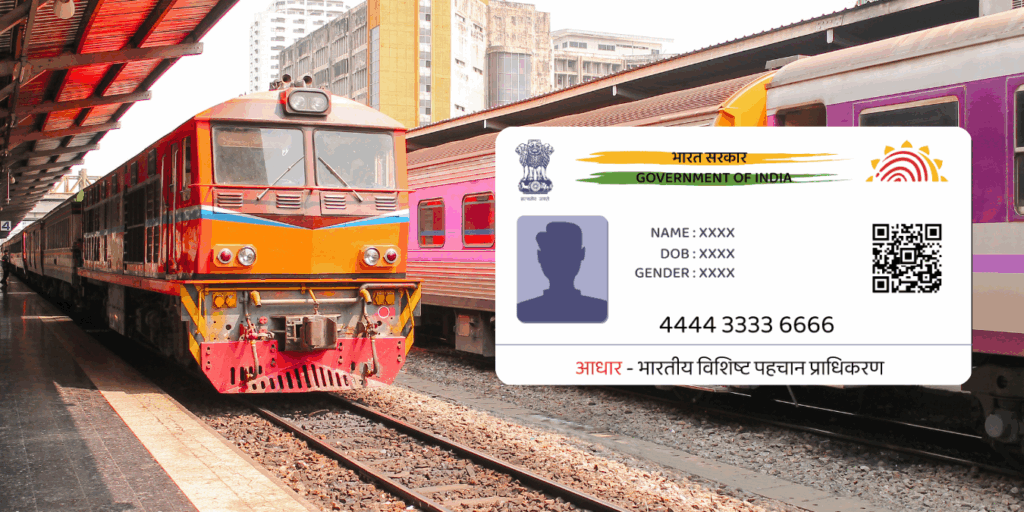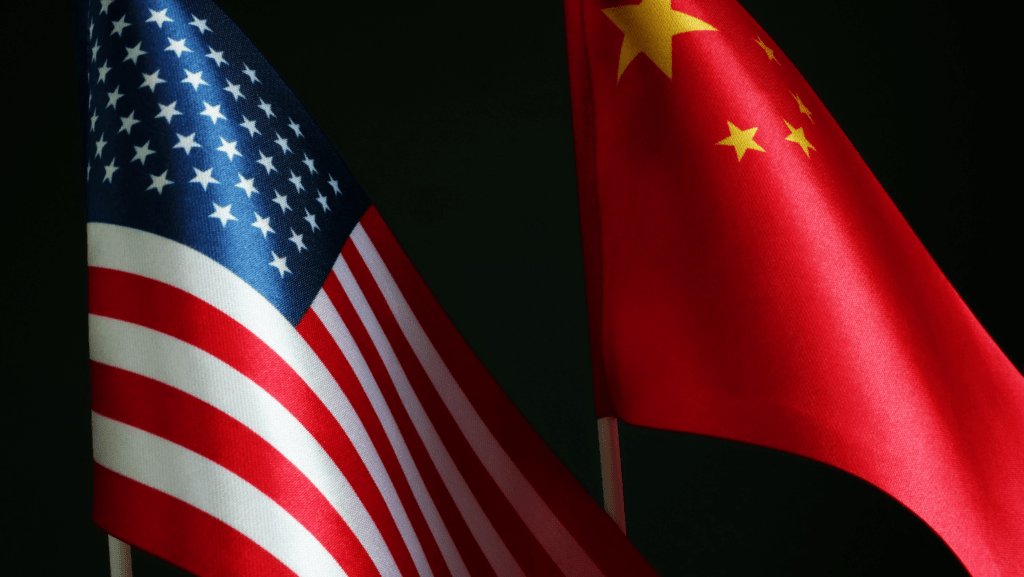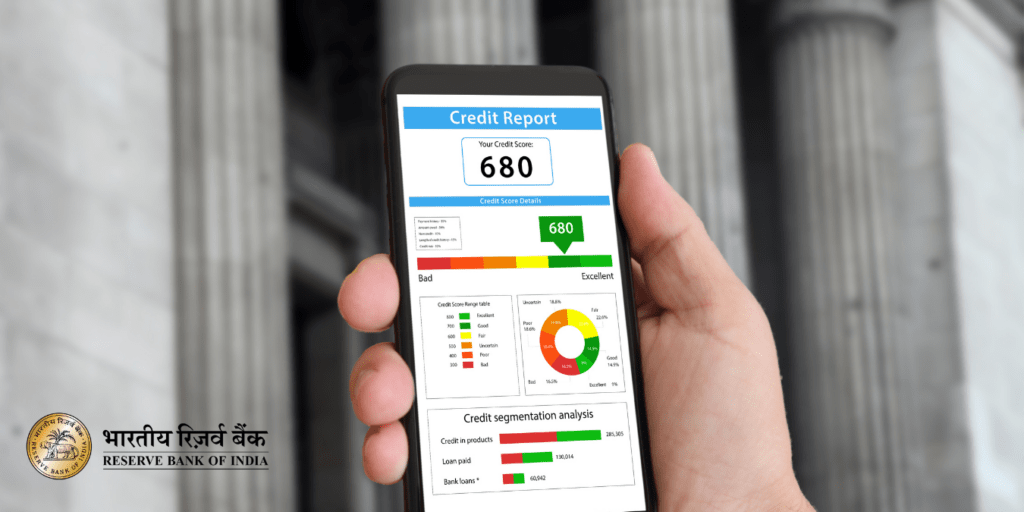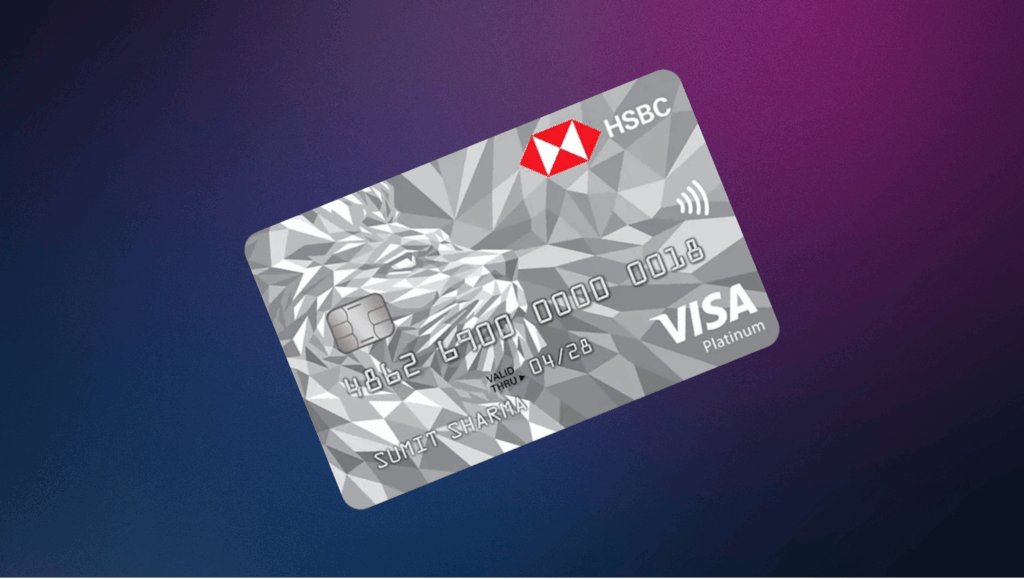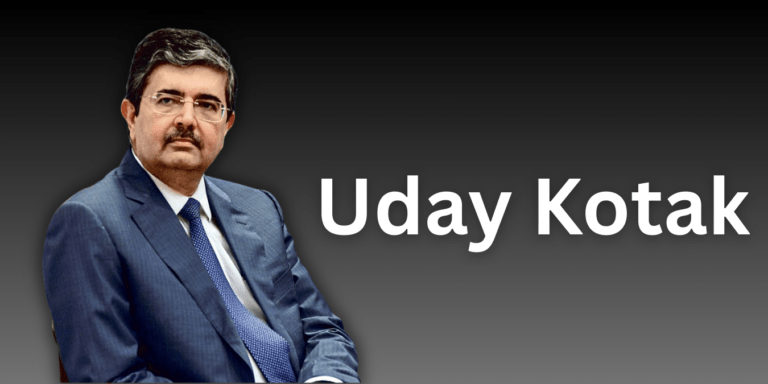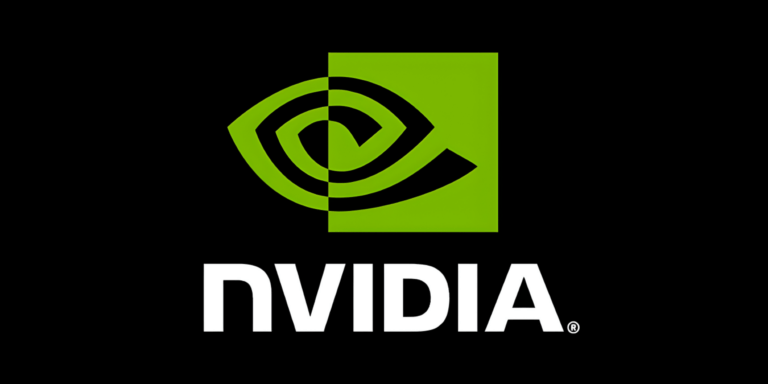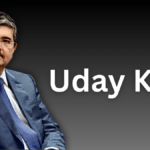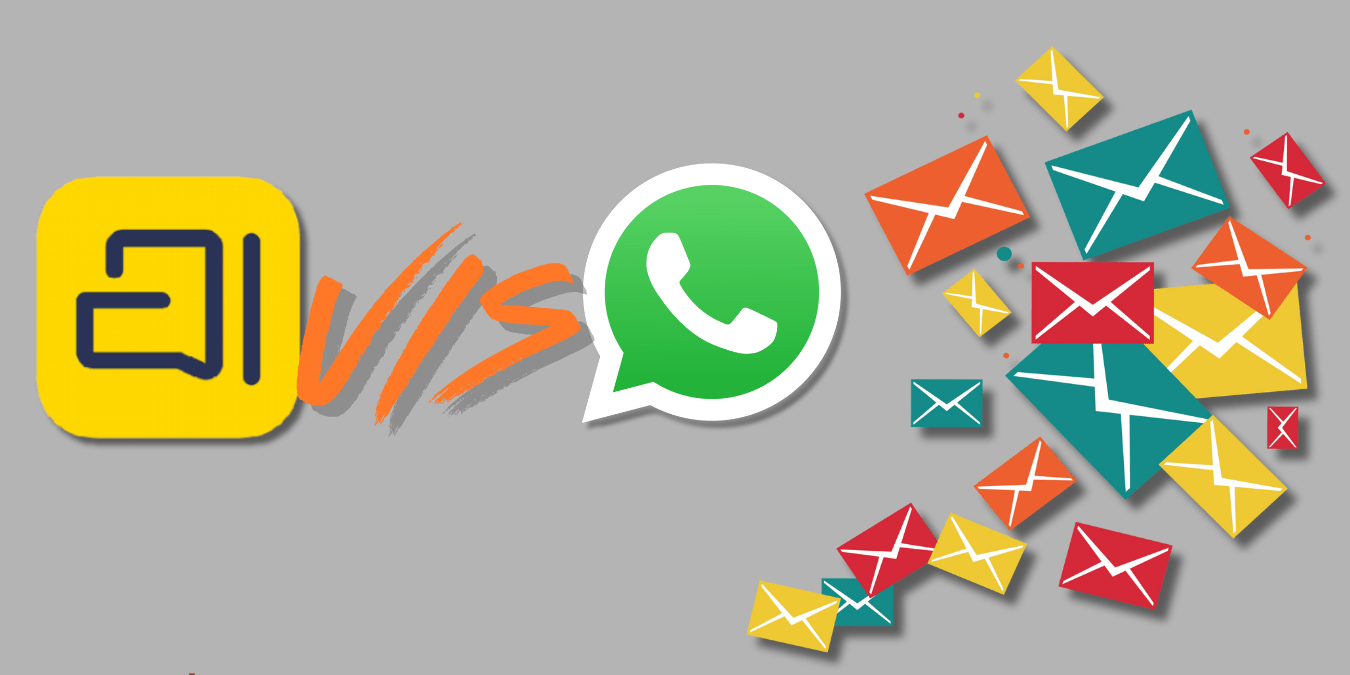
Arattai Reaches No. 1: Is This Homegrown App Ready to Rival WhatsApp in India?
Can a Tamil-named app topple WhatsApp’s reign in India? Arattai, Zoho’s “Swadeshi” messenger, hit No. 1 in app stores in September 2025, fueled by government endorsements and privacy promises. With no ads and local servers, it’s a bold rival, but missing message encryption sparks suspense. Will Arattai’s lightweight design and Indian roots win over 500 million WhatsApp users? Dive into its features, challenges, and the digital sovereignty wave shaking India’s tech scene. Is this the start of a messaging revolution?
In September 2025, a Tamil-named messaging app, Arattai, meaning “chat” or “chit-chat,” surpassing behemoths such as WhatsApp, Telegram, and Signal, fuelled by recommendations from influential voices and a government-backed “Swadeshi” (Made in India) tech movement. Users across India are now asking: Can Arattai, created by Chennai-based Zoho, truly compete with WhatsApp—a platform woven into the digital fabric of over 500 million Indian lives?
Why Arattai’s Rise Has Everyone Talking
Arattai’s climb to the No. 1 spot in India’s App Store and Google Play Store social networking category in September 2025 wasn’t just a tech milestone—it was a cultural moment. Union Education Minister Dharmendra Pradhan and IT Minister Ashwini Vaishnaw publicly endorsed the app, aligning it with Prime Minister Narendra Modi’s “Swadeshi” and “Digital India” initiatives. Social media platforms, especially X, buzzed with memes, user reviews, and calls to support this “Made in India” alternative, reflecting both national pride and growing distrust of global tech giants’ data practices.
For Indians, WhatsApp is more than a messaging app—it’s a digital lifeline for personal chats, business deals, and even government services. Yet, Arattai’s sudden popularity signals a shift. With privacy scandals and a push for digital sovereignty, users are exploring local options. This blog unpacks Arattai’s features, compares it to WhatsApp, and offers actionable steps for those curious about making the switch.
Arattai vs. WhatsApp at a Glance
- Arattai: A Zoho-developed, India-made app, now No. 1 in app stores, emphasizing privacy, no ads, and “Swadeshi” identity. Lacks end-to-end encryption for messages.
- WhatsApp: A Meta-owned global leader with over 3 billion users, including 500 million in India, offering full end-to-end encryption but facing data monetization concerns.
- Key Difference: Arattai prioritizes local data storage and no data selling, while WhatsApp’s ecosystem includes payments and business integrations.
Inside Arattai: What Makes It Stand Out?
Core Features of Arattai
Arattai isn’t just a WhatsApp clone—it’s tailored for Indian users, blending familiarity with local sensibilities. Launched in beta in 2021, it has evolved into a robust platform by 2025, offering:
- One-to-One and Group Messaging: Supports up to 1,000 members in group chats.
- Voice and Video Calls: End-to-end encrypted for secure communication.
- Stories: Similar to WhatsApp Status, for sharing temporary updates.
- Media and Document Sharing: Send photos, videos, and files seamlessly.
- Broadcast Channels: Ideal for businesses and creators to share updates.
- Multi-Device Support: Works on smartphones, desktops, and even Android TV.
- Lightweight Design: Optimized for low-end phones and weak internet connections.
These features make Arattai accessible, especially in rural India, where budget smartphones and spotty networks are common.
Privacy and Security: The Heart of Arattai’s Appeal
Arattai’s biggest draw is its privacy-first promise. Zoho emphasizes that Arattai doesn’t monetize user data or serve ads, unlike WhatsApp, which is owned by Meta and integrates user data for targeted advertising. All user data is stored on servers in India, addressing concerns about global surveillance and data sovereignty. However, a critical gap remains: while calls are end-to-end encrypted, text messages lack this security feature as of September 2025, though Zoho promises it’s “coming soon.”
Key Data Privacy Differences
- Arattai: End-to-end encryption for calls only; chats not fully encrypted yet.
- WhatsApp: End-to-end encryption enabled by default for both messages and calls.
The “Swadeshi” Edge: A Cultural Connection
Arattai’s Tamil name, meaning “casual chat,” resonates with India’s linguistic diversity and cultural pride. Backed by Zoho’s “Made in India, Made for the World” ethos, the app supports multiple Indian languages and aligns with the government’s push for self-reliance through “Atmanirbhar Bharat.” Its local server infrastructure and community-focused features, like broadcast channels, make it feel distinctly Indian, appealing to users who value digital nationalism.
Arattai vs. WhatsApp: A 2025 Feature-by-Feature Showdown
To understand Arattai’s potential, let’s compare it directly with WhatsApp across key metrics:
| Feature | Arattai | |
| Origin | India (Zoho Corporation) | US (Meta) |
| End-to-End Encryption | Calls only | Messages and calls |
| User Base | Growing, India-focused | 3 billion+ globally, 500 million+ India |
| Ads/Data Monetization | No ads, no data selling | Used for targeted ads |
| Multi-Device Support | Yes (includes Android TV) | Yes (no Android TV) |
| Language/Cultural Appeal | Swadeshi, Indian languages | Global audience |
| File & Media Sharing | Yes | Yes |
| Group Chats | Yes (up to 1,000 members) | Yes |
| Broadcast Channels | Yes | Yes |
| Performance | Optimized for low-end devices, slow networks | Good on most networks |
| Platform Maturity | Developing, some gaps | Highly mature |
WhatsApp’s entrenched ecosystem, including UPI payments and business APIs, gives it a lead in functionality. Arattai, however, excels in accessibility and privacy promises, though it must close the encryption gap to compete fully.
How to Switch to Arattai from WhatsApp: Step-by-Step Guide
Switching messaging apps can feel overwhelming, especially with WhatsApp’s deep integration into daily life. Here’s a simple guide to trying Arattai:
- Download Arattai: Search for “Arattai Messenger” by Zoho Corporation on Google Play Store or Apple App Store. Avoid third-party APKs for safety.
- Set Up Your Profile: Register with your phone number, add a name, profile picture, and bio.
- Sync Contacts: Grant permission to sync your address book to find existing Arattai users among your contacts.
- Explore Features: Start one-to-one or group chats, test voice/video calls, or create a broadcast channel for your business or community.
- Invite Friends: Use the in-app share feature to send SMS or email invites to contacts, encouraging them to join.
- Use Across Devices: Log in on desktops or Android TV via QR code pairing for a seamless experience.
Pro Tips for Maximizing Arattai’s Potential
To get the most out of Arattai, consider these expert tips:
- Embrace Indian Language Support: Use regional language keyboards to connect with local communities.
- Leverage Broadcast Channels: Businesses and creators can build audiences with channel-based updates.
- Optimize for Low Bandwidth: Arattai shines on 2G/3G networks—perfect for rural users or weak connections.
- Stay Updated: Check for app updates regularly, as Zoho is actively adding features like message encryption.
- Try Desktop Access: Use Arattai on Windows or macOS for a WhatsApp Web-like experience.
Common Mistakes to Avoid When Using Arattai
While Arattai is promising, new users should steer clear of these pitfalls:
- Assuming Full Encryption: Text messages aren’t end-to-end encrypted yet. Avoid sharing sensitive data until this feature is live.
- Expecting Instant Migration: Not all your contacts are on Arattai. Start with small groups or privacy-focused friends.
- Skipping Updates: Zoho frequently rolls out bug fixes and features. Missing updates could mean slower performance or security gaps.
What’s Fueling India’s Homegrown Messaging Wave?
The Push for Digital Sovereignty
India’s digital landscape is evolving rapidly, with 900 million+ internet users in 2025. But global spyware scandals, like those involving WhatsApp’s parent company Meta, have raised alarms about data privacy. The government’s “Digital India” and “Atmanirbhar Bharat” campaigns are pushing for local alternatives to reduce reliance on foreign tech giants. Arattai’s rise reflects this shift, with its local servers and no-data-selling policy addressing fears of surveillance capitalism.
Patriotism Meets Practicality
The “Swadeshi” movement isn’t just rhetoric—it’s a response to real concerns. Users on X have called Arattai “India’s WhatsApp killer,” praising its familiar interface and lightweight design. However, WhatsApp’s integrations—like UPI payments and official government groups—make it a tougher habit to break. Arattai’s challenge is to balance patriotic appeal with practical, everyday utility.
Arattai’s Challenges and Opportunities
Major Challenges
- Encryption Gap: Without end-to-end encryption for texts, Arattai lags behind WhatsApp and Signal in security.
- Network Effect: WhatsApp’s 500 million Indian users create a strong network effect, making mass migration difficult.
- Ecosystem Maturity: WhatsApp’s business tools, payment systems, and bots are deeply embedded. Arattai needs time to match this.
Opportunities
- Government Backing: If ministries or public agencies adopt Arattai, it could drive millions of users.
- Local Innovation: Features like Indian language support and business channels could carve a niche.
- Privacy-First Appeal: As privacy concerns grow, Arattai’s no-data-selling stance is a strong differentiator.
Is Arattai Ready to Replace WhatsApp?
- No. 1 in App Stores: Arattai’s 2025 surge reflects India’s hunger for homegrown, privacy-focused tech.
- Feature Parity: It matches WhatsApp in messaging, calls, and media but lacks text encryption and ecosystem depth.
- Privacy Promise: Arattai’s no-ads, no-data-selling model appeals to those wary of global tech giants.
- Work in Progress: While promising, Arattai needs encryption and wider adoption to truly rival WhatsApp.
Final Thought: Join India’s Digital Revolution with Arattai
Arattai’s ascent to the top of India’s app stores in September 2025 marks a pivotal moment in the nation’s quest for digital independence. While WhatsApp remains the default for millions, Arattai offers a compelling alternative for those prioritizing privacy, accessibility, and “Swadeshi” pride. It’s not perfect yet—encryption gaps and network effects pose challenges—but its potential is undeniable. Download Arattai today, explore its features, invite your friends, and join the conversation about India’s digital future. Will you be part of the shift to homegrown tech?
Disclaimer: The use of any third-party business logos in this content is for informational purposes only and does not imply endorsement or affiliation. All logos are the property of their respective owners, and their use complies with fair use guidelines. For official information, refer to the respective company’s website.


